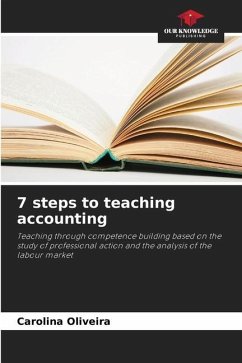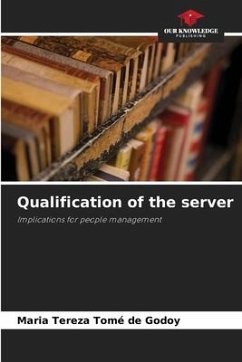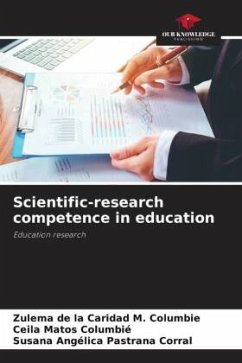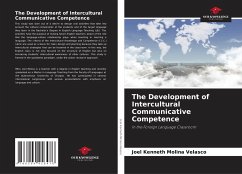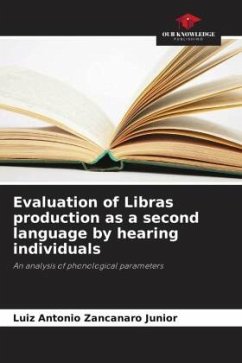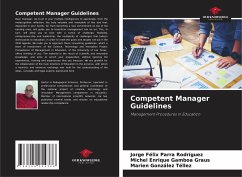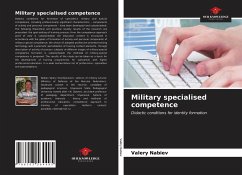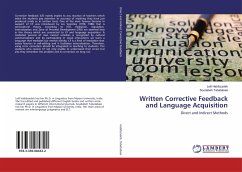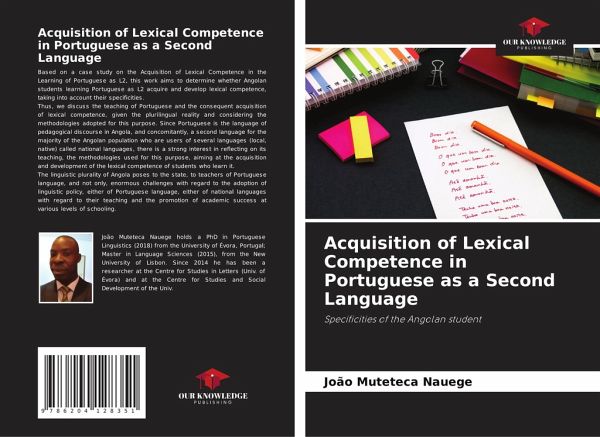
Acquisition of Lexical Competence in Portuguese as a Second Language
Specificities of the Angolan student
Versandkostenfrei!
Versandfertig in 6-10 Tagen
27,99 €
inkl. MwSt.

PAYBACK Punkte
14 °P sammeln!
Based on a case study on the Acquisition of Lexical Competence in the Learning of Portuguese as L2, this work aims to determine whether Angolan students learning Portuguese as L2 acquire and develop lexical competence, taking into account their specificities. Thus, we discuss the teaching of Portuguese and the consequent acquisition of lexical competence, given the plurilingual reality and considering the methodologies adopted for this purpose. Since Portuguese is the language of pedagogical discourse in Angola, and concomitantly, a second language for the majority of the Angolan population wh...
Based on a case study on the Acquisition of Lexical Competence in the Learning of Portuguese as L2, this work aims to determine whether Angolan students learning Portuguese as L2 acquire and develop lexical competence, taking into account their specificities. Thus, we discuss the teaching of Portuguese and the consequent acquisition of lexical competence, given the plurilingual reality and considering the methodologies adopted for this purpose. Since Portuguese is the language of pedagogical discourse in Angola, and concomitantly, a second language for the majority of the Angolan population who are users of several languages (local, native) called national languages, there is a strong interest in reflecting on its teaching, the methodologies used for this purpose, aiming at the acquisition and development of the lexical competence of students who learn it.The linguistic plurality of Angola poses to the state, to teachers of Portuguese language, and not only, enormous challenges with regard to the adoption of linguistic policy, either of Portuguese language, either of national languages with regard to their teaching and the promotion of academic success at various levels of schooling.




